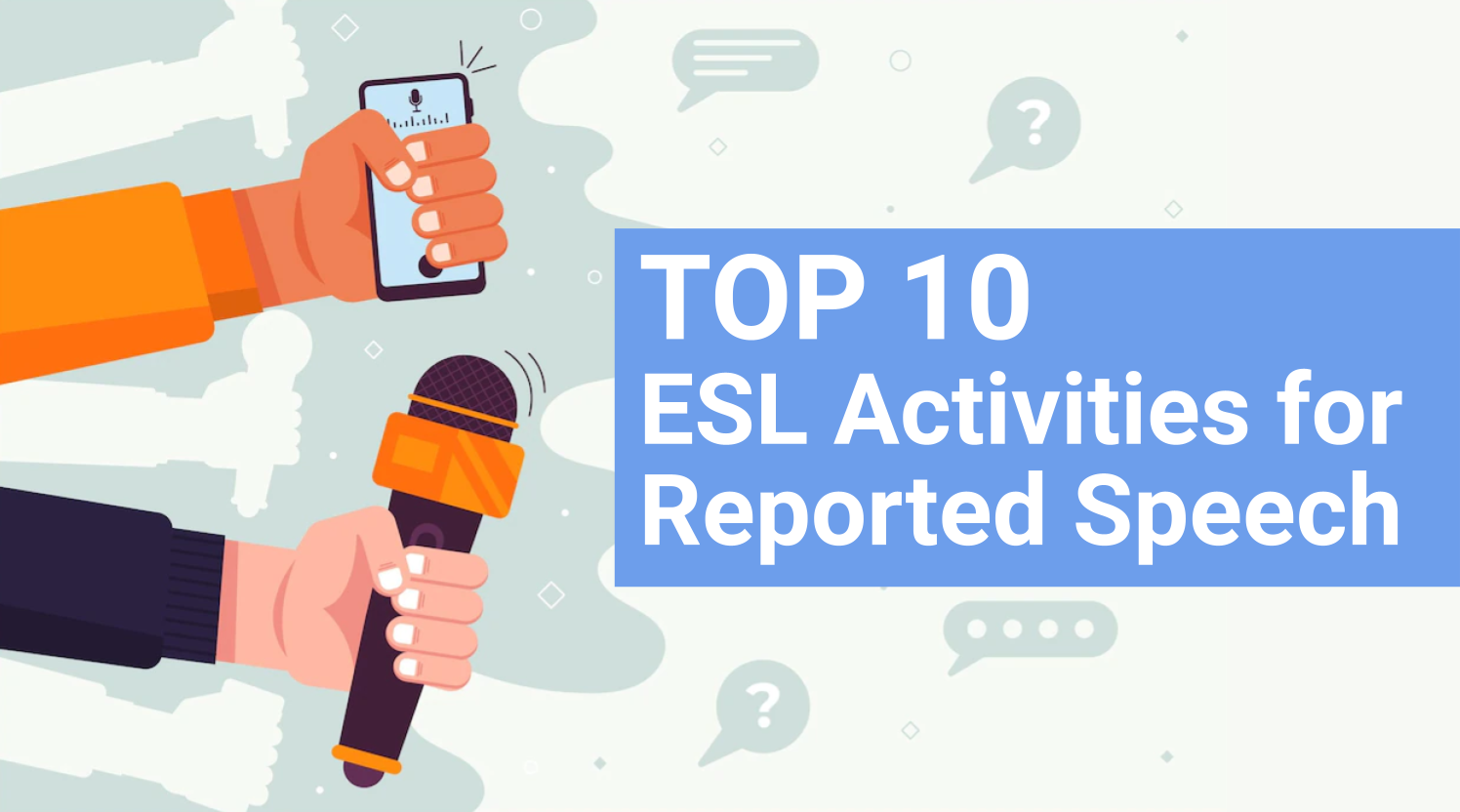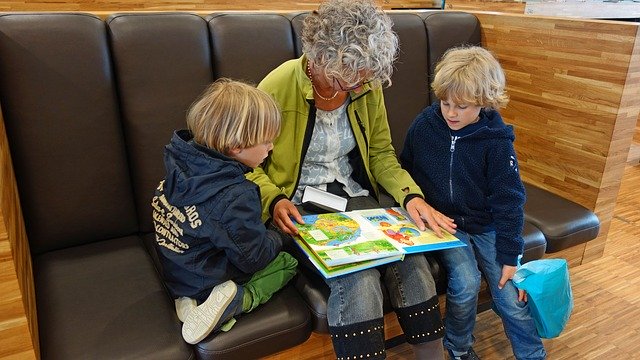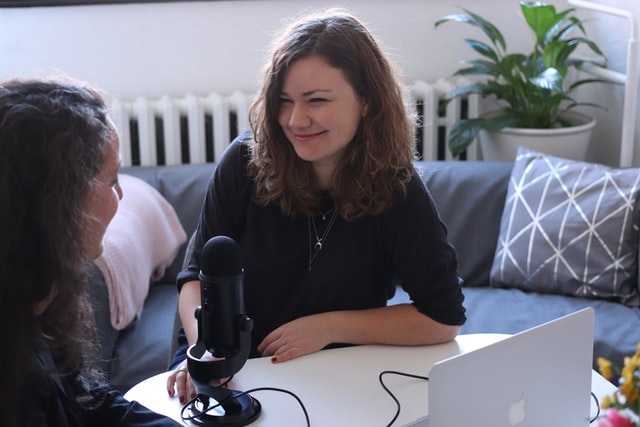
He said…She said…He asked her if, when, where or what… Reported Speech, also known as Indirect Speech, is not one the most fun to teach.
What ESL teachers usually do is simply have one student supply a statement or ask a question and then have another student report what was said/asked. However, there are others ways to practice Reported Speech, more creative and engaging ways, which should prevent students tuning out and help them tune in to the lesson.

Try These Top 10 ESL Activities for Reported Speech
-
1
Reported Speech Card Games
For some students, the best way to learn Reported Speech is by reading the statements they have to report. This is why we often write them on the board. Try these card games instead! For the first game, prepare a set of index card each with a direct speech statement on one side and the indirect statement on the other. Divide students into pairs. Student A picks up a card and reads the direct statement. Student B must change what they heard into an indirect statement. Student A checks B’s reply on the back of the card. The team with the most correct points wins.
You may also try this easier version. Write the direct statements on index cards and their indirect versions on another set of cards. Divide the class into two teams. Each student must pick up a card and find the matching statement. You can make this more challenging by using statements that are similar but in different tenses.
-
2
What Did They Ask You?
Ask students to brainstorm a list of people who might ask them questions and what those questions might be: a police officer, their mother/father, a teacher, a taxi driver, etc., Then a student reports something that someone asked, without revealing who it was: This person asked me if I had my driver’s license. Students must guess it was the police officer: The police officer asked you if you had your driver’s license.
-

-
3
Words to Live by
Give students snippets of things that famous people have said about their lives and experiences. Students read them out loud and then take turns reporting what someone said: Einstein said peace could not be kept by force. He said it could only be achieved by understanding.
“The future rewards those who press on. I don't have time to feel sorry for myself. I don't have time to complain. I'm going to press on,” said former President Obama.
President Obama said that the future rewards those who press on, that he does not have time to complain and is going to press on. -
4
Celebrity Buzz
Hand out several copies of entertainment magazines or the showbiz section of the newspaper. Students must read through them and find at least one juicy bit of celebrity gossip to report to the rest of the class: Miley Cyrus said she was officially engaged to her boyfriend. To make this into a game, ask students to withhold the celebrity’s name and have the other students guess: Which famous celebrity said she was engaged to boyfriend Liam Hemsworth?
-
5
Story Time
Take advantage of story time by asking students to report on what some of the main characters said/asked in the stories or works they are reading: What did the Evil Queen ask the magic mirror? She asked it who the fairest of them all was.
-
6
Student Reporter
Any budding reporters can have the chance to show off their reporting skills with this fun activity. Divide students into pairs. One student will be the reporter and the other will be someone worthy of an exclusive interview:
- The mayor
- A famous actress
- A rich entrepreneur
- An Olympic athlete and so on.
The celebrity answers a series of questions and the reporter reports back to the class: In an exclusive interview, the mayor promised he would rid the streets of crime.
-

-
7
Dear Abby
Ask each student to write Dear Abby letter asking for advice on a problem; ask them to use Reported Speech in their letter: My parents said we were moving to another country but I don’t want to move. Students then exchange letters and reply to a classmate’s problem: Don’t be afraid to tell your parents how you feel. Students get their original problem letters back and report to the class on what Dear Abby said: Dear Abby told me not to be afraid to tell my parents how I feel. With this activity you are giving your students two opportunities to use Reported Speech.
-
8
I Heard it Through the Grapevine
One student whispers something to a classmate: I love chocolate more than anything else. This student whispers it to another: Juan said he loved chocolate more than anything else. The whispering continues through the grapevine, until it reaches the last student who must then say the original statement in direct speech. If there are differences, they must find out who made the mistake: Karen said Juan loved chocolate more than life itself. - I said he loved it more than anything else.
-
9
Comic Strip Gaps
To prepare for this activity cut out comic strips from a newspaper or print some you find online. Then use some liquid paper to white out what some of the characters say in their speech bubbles. Write these lines down on separate cards. Students pick up a card and try to match it to a character: Garfield said he wanted to eat lasagna.
-
q
Hot Potato
First you need some flashcards with sentences in direct or indirect speech, a basic timer and a bean bag or ball. Have the students stand in a circle. Give the first one a bean bag or the ball and set the timer for a random interval, even a short one — one minute or even six seconds, or you can even vary the intervals to make it more interesting — depending on the size of your class. When the timer stops, the student holding the bean bag must read one of the flashcards and convert it into the opposite e.g., direct speech to indirect speech, or the other way round. If they are wrong, they must leave the circle. You can vary the game by changing the flashcards to contain other words where students would need to come with sentences containing, say for example, superlative adjectives, add suffixes, countable and uncountable nouns.
Try not to give your students random direct statements to report.
Each of the activities suggested above should establish a situation, a context that should help your students see just how useful Reported Speech really is.
If you have any activities that have worked for you, please share them below!
P.S. If you enjoyed this article, please help spread it by clicking one of those sharing buttons below. And if you are interested in more, you should follow our Facebook page where we share more about creative, non-boring ways to teach English.






